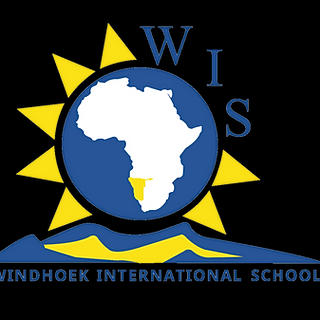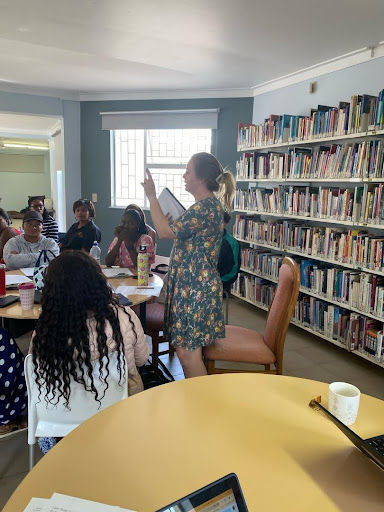Gen Z - their strengths & why we sometimes misunderstand them
- Windhoek International School
- Jun 2, 2023
- 3 min read

Note: Generation names are based on when members of that generation become adults (18-21).
Generations | Born | Current Ages |
Gen Z | 1997 – 2012 | 11 – 26 |
Millennials | 1981 – 1996 | 27 – 42 |
Gen X | 1965 – 1980 | 43 – 58 |
Boomers II (a/k/a Generation Jones)* | 1955 – 1964 | 59 – 68 |
Boomers I* | 1946 – 1954 | 69 – 77 |
Post War | 1928 – 1945 | 78 – 95 |
WWII | 1922 – 1927 | 96 – 101 |
*We increasingly break up Boomers into two different cohorts because the span is so large, and the oldest of the generation have different sensibilities than the younger. In the U.S., Generation Jones (Boomers II) are just young enough to have missed being drafted into war. (https://www.beresfordresearch.com/age-range-by-generation/)

Children currently in secondary school as well as young adults starting their tertiary education and those who are entering the workforce at the moment, are mostly part of what is called Gen Zs. There are distinct differences between the priorities and what Gen Zs regard as important in their lives to particularly the Boomers and Gen X. It is important to be aware of these differences and also to be mindful of the different things Gen Zs are exposed to from an early age.
I’d like to share a few ideas with you that I came across reading this article on LinkedIn this past week: Quiet quitting is just a buzzword: 5 tips to support Gen Z workers. These tips don’t only apply to those who have started working, but in my view, these are also important aspects to consider when we work with students.
Prioritise mental health - more than ever, it is critical to acknowledge the importance of mental health, not only for Gen Zs, but for all of us. The massive exposure and changes we experience in our world at the moment, necessitates us to make sure we look after our wellbeing. For Gen Z, a work-life balance is an important aspect of their world view and how they try to maneuver the many opportunities and challenges that they come across.
Take DEI seriously - Gen Z is the most diverse generation yet. “Gen Z is the most diverse generation yet, and they’re highly passionate about social issues like gender and racial equality. 79% of new graduates now consider diversity to be an important factor when looking for work. To lower the risk of quiet quitting, invest in diversity and inclusion programs at all levels of your organisation.
This can be done through unconscious bias training, initiatives to combat the gender pay gap, creating leadership opportunities for underrepresented employees, and opening internal committees that can help build an inclusive workplace culture.” (https://www.adeccousa.com/employers/resources/article-quiet-quitting-tips-to-support-gen-z-workers/)
Here at WIS our focus is to celebrate an environment that is inclusive and acknowledges and celebrates our diverse community. When students leave at the end of their school career, they often mention that the diversity in our school was something special that makes the transition to diverse tertiary opportunities much easier.
Focus on Career Mapping Gen Zs often are determined to find careers that fulfil their dreams and goals and will often throughout their careers want to or have to up-skill or reskill. This necessitates them being adaptive, flexible and open minded. Career Mapping ensures that they are able to continue growing and developing their careers throughout. As we focus our approach here in school on “creating lifelong learning” opportunities, so will our childrens’ future need to present them with opportunities to create Personalised Career Maps that can give them “opportunities for Skills and Knowledge Evaluations. With these young people who have completed their studies can identify programmes to up-skill to further develop areas of interest and passion.
Relationships are an essential part of Gen Zs focus In our efforts to accommodate Gen Zs in society and in the working world, we should continue to create opportunities for them to build networks and connections that enable them to build relationships with people with similar interests and focus. As in all human interactions, relationships are essential for our wellbeing. In the more digitally connected world, however, relationships are often part of our “digital lives”. To foster connections, it is important that our children acquire the skills and competencies to build strong and positive personal as well as professional relationships.
This information is certainly not the only perspective from which we can see and understand Generation Z. It is, however, important to have these conversations and reflect on how different generations have different priorities to be able to understand and support each other and create environments that are taking into consideration all different aspects of the different generations that live and work together.
Maggie Reiff Secondary Principal








Comments